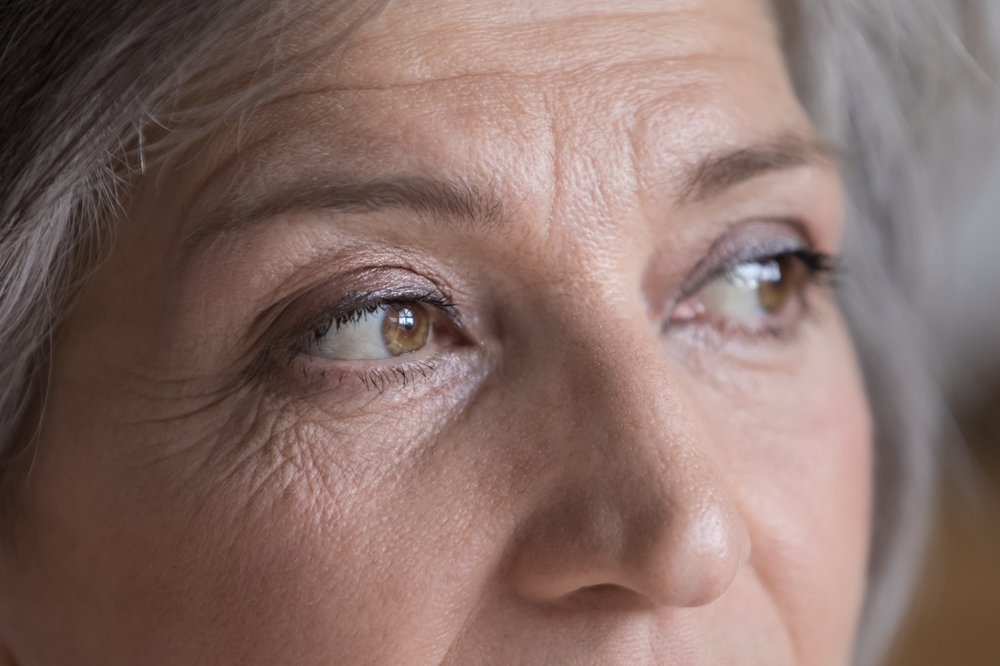Did you know that you can learn tips for handling depression, anxiety, stress, and mental health on your own once retired?
A lot of retirees believe that retirement will be a breeze, and as a result, they are not prepared to handle the depression, stress, or anxiety that is generated by the fact that they are leaving the workplace.
While many deal with the likes of these mental health issues all their lives, or they can name times in their lives when they had to deal with one, some, or all of the ones we have mentioned, not many realize that retirement may come with a few drawbacks they do not expect.
Knowing how to handle depression, anxiety, and stress as a retiree is of utmost importance, as you can never know when a bout of any of them will overcome you, and it is better to be safe than sorry.
When you retire, you will have a lot of papers to deal with, which can cause you stress, while the uncertainty of finances and the increased family time can cause anxiety. Some retirees report that when their daily routine changes due to not having to go to work, they find themselves aimless and depressed.
Handling depression may not be on your list of skills you may want to acquire, but in retirement, there are certain things you can do in order to make sure you are taking care of your mental health accordingly. If you are curious about which tips we favor, keep reading!
Here at Golden Years Bliss, we are aware of how important mental health is for retirement, and while these tips can help improve, they do not replace going to see a professional when you feel like you need extra support.

Stay active.
This is probably one of the most commonly encountered tips about handling depression that all of us have seen. Yet, as opposed to some things that are popular to say but do not work, there is a lot of validity behind this piece of advice.
Staying active in retirement is one of the best things you can do for both your physical and mental health. Engaging in various physical exercises that are appropriate for your health and mobility levels is one of the best ways to relieve stress and tension, boost your mood, and eventually aid in becoming more relaxed and positive.
When you work out, your mind releases endorphins and serotonin, so staying active is an effective way to handle depression or any stress-induced mental health issue, besides the fact that you will also be able to reap the benefits of generally being active in terms of exercise!
The best route to take is to strive to do about 30 minutes of physical activity every day, no matter if what you choose is a walk in the park, going to a yoga class, or working out at home.
Make sure you give yourself time to relax and reflect.
It may sound like a cliche, but this is truly one of the best ways to handle depression, anxiety, and stress. No matter if you suffer from these mental health conditions or not, there are moments when everyone feels overwhelmed by life, and this can affect your day-to-day life, especially when you have already retired.
A good practice to pick up is to consciously make time to relax. You may be tense and stressed, which can bring about a number of health issues, including the ones we are mentioning now. One of the best ways to relax and practice these techniques is to pick up a sport that teaches them.
Deep breathing exercises and meditation are some of the easier ones out there, followed by progressive muscle relaxation and the likes of Tai Chi and yoga, which are some of the best sports activities retirees can enroll in!
These moments of relaxation and reflection will help with maintaining your mental health but also help lower your blood pressure and help your body release any tension while leaving you with an overall sensation of contentment.

Manage your habit of worrying about too many things.
Speaking of relaxation and reflection, once you retire, you may be full of worry, something not all potential retirees anticipate. Let’s be candid: you will start worrying before you actually retire, and there is a high chance you will carry that into your golden years.
This practice can come from your years in the workforce and care for your family, but generally speaking, chronic worrying is related to mental health, as it is a habit that many of us need to learn to break apart from.
Chronic worrying is also deeply connected to anxiety and numerous anxiety-inducing thoughts you may have, including a number of what-ifs related to the uncertainty of life.
You may have an anxious life or predisposition, but if you know you are prone to such ideas and thoughts, you need to realize it for yourself.
It may also be that you need to accept that life is unpredictable and that you need to let go of worry when it comes to things you cannot control.
The earlier techniques for reflection and relaxation can also help you stop worrying while keeping you in touch with your mind and reducing the amount of time you tend to hyperfocus on things you cannot predict, know, or prevent!
If you are trying to learn not to worry and to release stress in a healthy way, we recommend you give meditation a try. This practice can sound pretty daunting at first, which is why we recommend you give this book a thorough read if you want to find a practical and easy way to do it.
Be grateful for what you have.
Retiring is actually one of the biggest life changes every person will experience, and the reality of the matter is that it is not an easy transition. No matter how simple it may appear on the outside, retiring is complex, and it brings about a lot of feelings and challenges that are specific to this part of your life.
In order to be mindful of your mental health and not end up springing due to this major life event, we recommend that you never pass the opportunity to be grateful for what you have and what you have achieved.
It may seem silly at first, but thinking about the things you have and are grateful to have is a great and simple way to improve your outlook on a situation and your mood when you are weighted down by your thoughts.
Appreciating the small things in life may be easier said than done, but you need to stop and smell the roses. You have gotten to the point in your life when you can retire and dedicate time to yourself and your loved ones.
You can also focus on the small things that make you happy: your favorite music, that you can be outside and enjoy the sunshine, that you have just been on the phone with your best friend, and even that you can share your golden years with your significant other, just to name some of the things that could change your mood for the better!
Next time you feel overwhelmed, try this out!

Make time to be in nature.
One of the best ways to tend to your mental health is to go outside! It has been a lesson we have all learned the hard way during the COVID-19 pandemic, so we should carry the knowledge to our present day and situation as well.
Going out for a walk is an amazing way to relieve stress, calm your thoughts, and help you reconnect. It can bring a smile to your face, and you can even gain a different perspective if you have been brought down by the circumstances of your life.
A simple walk in the park, through the nearby forest, and down to the beachfront can be enough.
But since we are speaking about long-term ways to handle depression, anxiety, and stress, you can also consider activities that will bring you out of the house more often; most retirees report that camping, hiking, and fishing are some of the ones that have brought them peace in times of turmoil.
There are a lot of things that could affect your mental health when you retire, and this can lead you to have some mental health issues, no matter how severe or mild. These tips can help you handle them, but you should also strive to live a happy and fulfilled retirement. For more tips on how to have a truly fulfilled retirement, check out our article here!










Leave a Reply